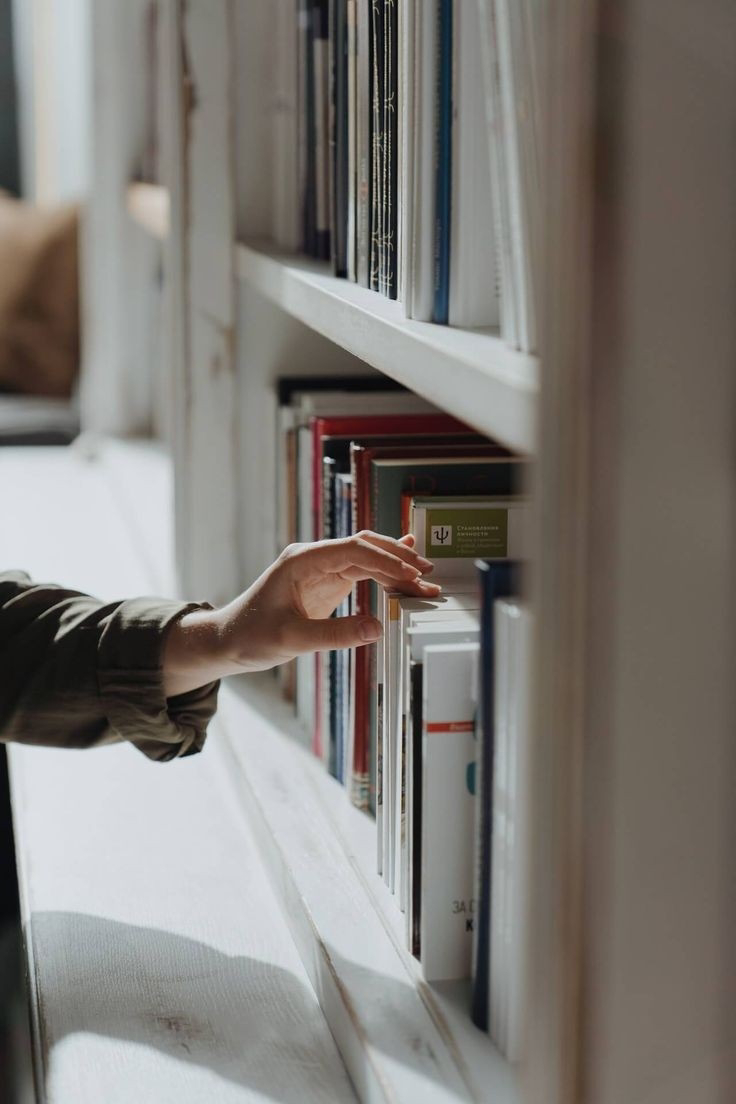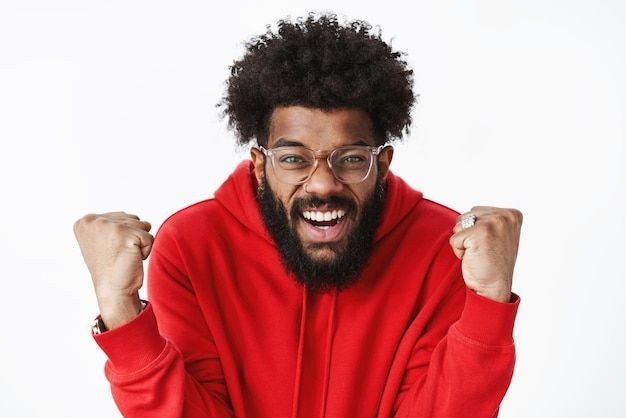Embracing Minimalism: A Beginner's guide to Simplify your life.
In a society that frequently promotes excess and acquisition, the idea of minimalism has become a welcome diversion. Adopting a minimalist lifestyle can help you live with more clarity, less stress, and a stronger focus on the things that really matter. It goes beyond simply clearing out your physical space. Here's a beginner's guide to minimalism to help you get started, whether your goal is to create an intentional lifestyle or simplify your surroundings.
Understanding Minimalism:
Living in a void or denying yourself possessions are not aspects of minimalism. Rather, it's a deliberate decision to streamline and give priority to the things that make your life better. Consider your values first, then decide what it is that makes you happy and fulfilled.
Organising Your Physical Area:
Start with your immediate environment. Examine every object in your house and consider whether it fulfils a need or makes you happy. Anything that is no longer important or useful to you should be thrown away or donated. This procedure helps to improve mental clarity in addition to creating physical space.
Consuming With Awareness:
Change your perspective from one of mindless buying to one of thoughtful acquisition. Think about whether the item is necessary and consistent with your values before making a purchase. Prioritise quality over quantity when making purchases, and make sure your purchases will last.
Digital Simplicity:
Apply the ideas of minimalism to your online activities. Reduce the amount of time you spend on social media, unsubscribe from pointless email lists, and organise and tidy your electronic gadgets. You produce a more deliberate and targeted online experience by doing this.
Time Management:
Being minimalistic involves more than just your material belongings; it also involves your time management. Prioritise activities that are in line with your beliefs and goals and assess the commitments you have made. Saying no to things that don't improve your life is a skill you should acquire.
Taking in Moments:
Replace the accumulation of material goods with the collection of worthwhile experiences. Spend time and money on things that make you happy, help you grow as a person, and foster relationships with others. This may result in a life that is more purposeful and rewarding.
Developing Appreciation:
Instead of focusing on your shortcomings, learn to be grateful for what you already have. A deeper sense of satisfaction and happiness might result from learning to appreciate life's little pleasures.
Embracing Minimalism Gradually:
Adopting a minimalist lifestyle is a journey that each person must do at their own pace. Whether it's organising a space in your life or assessing your obligations, start with one. Gradually apply the concepts of minimalism to other facets of your life.To sum up, minimalism is about figuring out what works best for you and directing your life towards your beliefs rather than adopting a one-size-fits-all strategy. A more minimalist lifestyle can be achieved through consciously managing your time, minimising your environment, and prioritising experiences above material belongings.
"Be a Minimalist,
Less is More.
Focus on the best
And release the rest."
~ Simplicity.
Thanks,
Ashish Raja.








Comments
Post a Comment